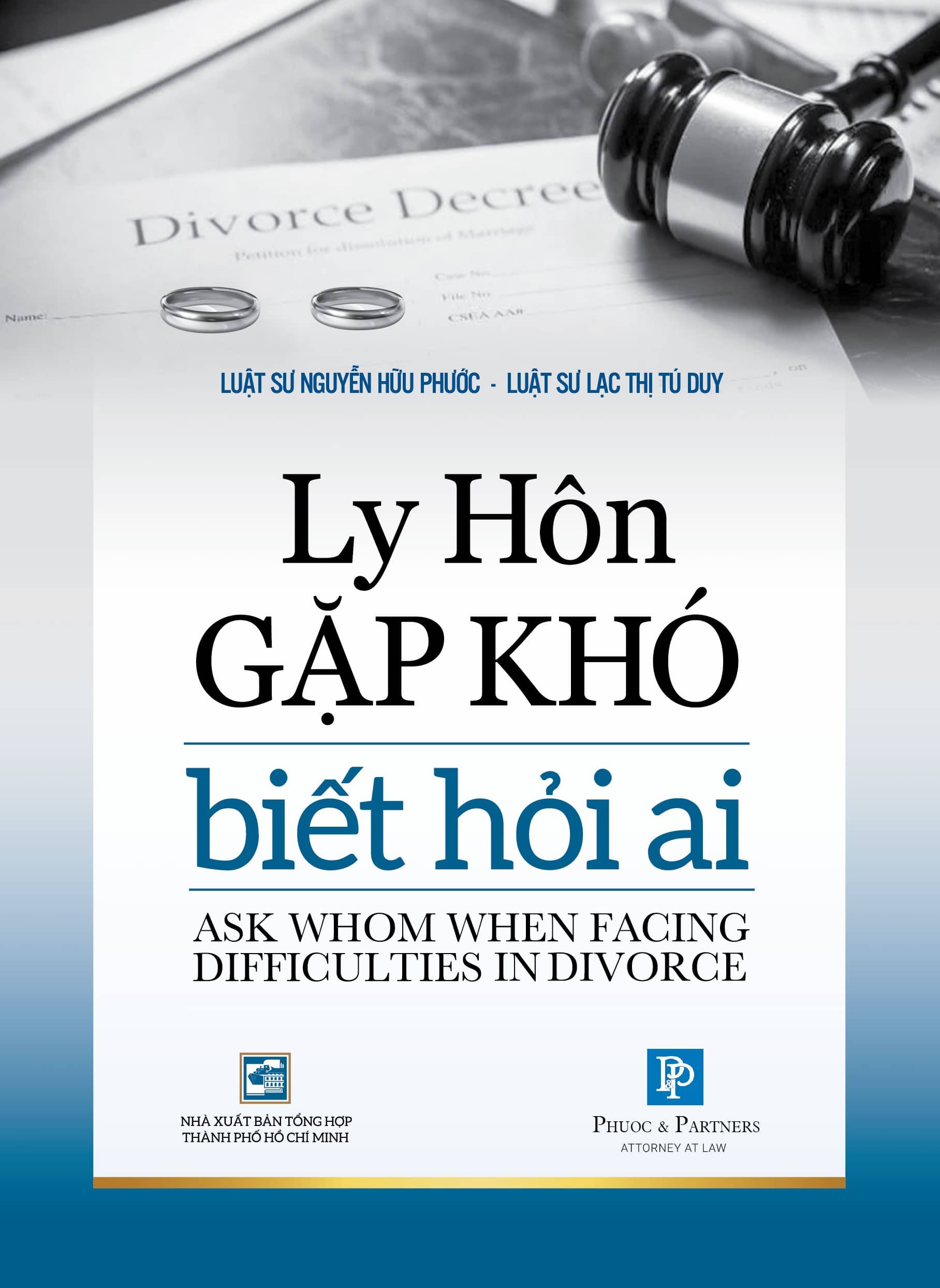The proceedings in accordance with the simplified procedure is the procedure conducted by only a single Judge[3]. In other words, the proceedings embodied within the simplified procedure are much simpler than the general procedure. It is considered as a development in the proceedings and trial recorded in the Civil Proceedings Code 2015. It is a tool for the proceedings to be conducted quickly with a simpler procedure than the general procedure while still ensuring the correct resolution of the law. Specifically, the Civil Proceedings Law clearly stipulates the conditions which must be met for general civil cases to be switched to a trial conducted under the simplified procedure. The following conditions must be met:[4]
- When the case has simple facts, clear legal relations, the spouses having acknowledged their obligations and sufficient documents and evidence, to ensure sufficient grounds to resolve the case, the Court shall not be required to collect documents and evidence. Regarding this condition, there is not any legal document guiding the interpretation of this of the concept of “case with simple facts, clear legal relations, and the spouses having acknowledged the obligation”. In reality, the consideration and evaluation of this condition depends on the opinion of the Court and on the specific case. As a result, there is a possibility of inconsistency between the Court levels. Similarly, on the condition that “documents and evidences are sufficient and ensuring sufficient grounds for resolving the case and the Court is not required to collect documents and evidence”, there is no regulatory guidance from the Supreme Court. Therefore, there is still possibility that the Judge will have inadequate judgements to differ from a trial level to another making it easy for the case to shift from simplified procedure to general procedure at the appellate level[6].
- The spouses have clear addresses of residences; and
- There is no spouse residing abroad, or disputed properties in foreign countries, except for cases which the spouse in foreign country and the spouse in Vietnam has reached an agreement to request the Court to settle under the simplified procedure or the spouses have presented evidence of lawful ownership of the properties and agreed upon on the disposal of the properties.
The simplified procedure will significantly shorten the duration of the trial and reduce processing procedures compared to those of the general procedure. For example, the time limit allocated for the preparation of a trial according to the simplified procedure at first instance level is only 01 month. Therefore, the Court only applies the simplified procedure if the case fully meets the conditions as mentioned above.
In a divorce case, the Court only conducts simplified procedure if the divorce case meets all the general conditions for the petition of such procedures with respect to a civil case. However, in practice, many Courts have not yet applied the simplified procedure in divorce cases because of the lack of clarity of the provisions as analysed above, and the distinct nature of a divorce case in comparison to other civil cases. Some of the special features often found in divorce cases which make it difficult to apply the simplified procedure such as:
- One of the conditions to be applied is “All the spouses have a clear address of residence and head office”. However, in divorce cases, due to the serious contradictory characteristics of the spouses, the common life cannot be extended, indeed the spouses are often no longer living together; and one of the spouses may have left the permanent residence of the spouses and hide his or her whereabouts with the other spouse. In such circumstance, it is difficult to determine the address of the left spouse’s residence, resulting in the ineligibility of the simplified procedure to resolve;
- The second common feature in divorce cases is disputes over the assets and obligations of the spouses. The property relation of spouses during the marriage period is often interwoven and it is thus difficult to clearly determine the contribution of each spouse. Therefore, in this case, the Court shall verify and clarify the facts of the case and if needed the Court may need to apply measures of evidence collection. For example, if the case requires a valuation or an appraisal of a disputed properties but the spouses do not agree on the price, or if the spouses reside abroad, that the disputed properties is abroad, requiring evidence to be collected and verified in foreign countries and needing to perform judicial entrustment procedure, the Court must apply the general procedure for settlement. In reality, it will be difficult for the Court to resolve divorce cases according to the simplified procedure.
In addition, the establishment of
conditions for the petition of simplified procedures to ensure the accuracy,
objectivity, and transparency and
to ensure the safeguard of the concerned spouses’ rights and
obligations. The prevailing law stipulates that the spouses have the right to
lodge complaints. The Procuracy has the right to protest against the decision for resolving
the case according to the simplified procedure within a period of 03 working days from
the date of receiving the decision from the Chief Justice of the Court. During the resolution of a case
according to the simplified procedure, if the new facts occur leading to
insufficient conditions for the case to be resolved according to the simplified
procedure, the Court must resolve the case according to the general procedures.
[3] Article 65 of the Civil Proceedings Code 2015.
[4] Article 319.1 of the Civil Proceedings Code 2015.
[6] Vo Thi Anh Truc, “Practice of application of summary procedures in resolving civil cases and solutions, recommendations for completion”, People’s Courts Journal dated 14 September 2019, https://tapchitoaan.vn/bai-viet/phap-luat/thuc-tien-ap-dung-thu-tuc-to-tung-rut-gon-trong-giai-quyet-vu-an-dan-su-va-giai-phap-kien-nghi-hoan-thien.
If you would like more information on how we can assist you with divorce issues, please contact us at: +84 (28) 36223522 or email us at info@phuoc-partner.com

